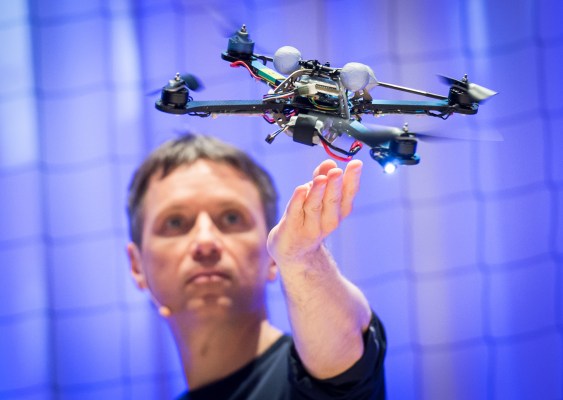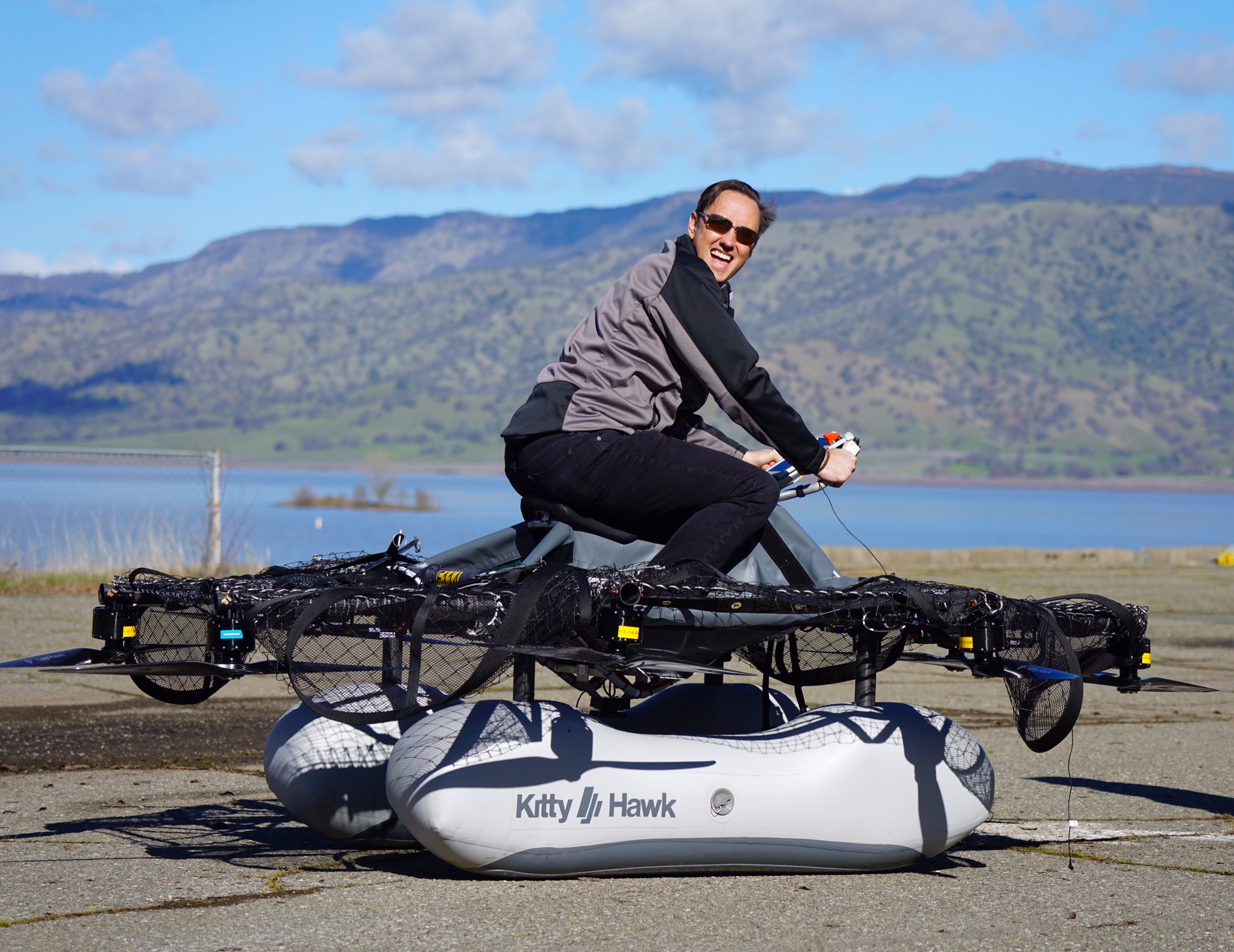Online education company Udacity is growing its new Nanodegree program yet again – it’s adding two entirely new programs to the roster, including a new entry-level self-driving Nanodegree, as well as a brand new one focused on ‘flying cars’ (though it’s actually a bit more nuanced than that).
The Flying Car program will include course material created by world-leading aeronautics and aerospace industry experts, including MIT professor Nicholas Roy, ETH Zurich professor and Kiva Systems co-founder Raffaelo D’Andrea, University of Toronto Aerospace Studies professor Angela Schoellig and Udacity founder Sebastian Thrun himself. Thrun is also CEO of personal aircraft startup Kitty Hawk, which is also acting as a hiring partner for the new program to provide job opportunity for Nanodegree grads.
Despite its name, however, the Flying Car program isn’t actually all that focused on flying cars – its mandate covers a range of future transportation tech, and includes education material around drones, including quadcopters with self-flying capabilities and remote-controlled aircraft.
MIT’s Roy calls the ‘Flying Car’ name a “metaphor” in a blog post announcing the new program, and Udacity CEO Sebastian Thrun told me in an interview that there was some internal date about using the name at all. The curriculum is going to focus primarily on fundamentals of autonomous flight, including path and motion planning, vehicle control and perception sensor systems.
This should produce Nanodegree holders with skill sets that can scale to match the opportunity – from practical applications today in areas like commercial drone asset monitoring, to a future where short-range autonomous cargo and even passenger transportation is a viable real world tech.
“Today, the self-driving car is a much more present thing in terms of politicians thinking about it, and society thinking about it,” explained Thrun. “But one of the things that I am afforded here in Silicon Valley is to understand where the world is going. I firmly believe that flight, be it drones for package delivery, or what we do at Kitty Hawk where we build vehicles for passenger transport, that those things have a big future.”
Flying cars aren’t exactly the flight of fancy they once were, either; a range of companies, including Thrun’s Kitty Hawk, but also including Airbus and even Uber, are either building autonomous personal transportation systems themselves, or doing a lot to encourage their development. Some of the big remaining challenges that stand in the way of this kind of tech becoming the real deal include the very subjects being taught in the program – of course, identifying and providing resources where the market is underserved is what Udacity’s Nanodegrees are all about.
“What we decided to do is take a topic that I think will be a big job field in a short amount of time, and convey those skills,” Thrun said. “There’s not a single flying car educational program in the world, not even remotely. So we take these basic things like autonomy, and perception and controls for flight vehicles and package them into a program.”
The program is intended for advanced students with strong programming skills, like the existing Self-Driving Car Nanodegree, and it’s intended to prepare students for entering the workforce. But Like flying cars themselves, the nanodegree program isn’t here quite yet; it’s set to open for applicants in 2018, however, which is likely a lot sooner than you’ll see autonomous flying taxis criss-crossing city skies.

